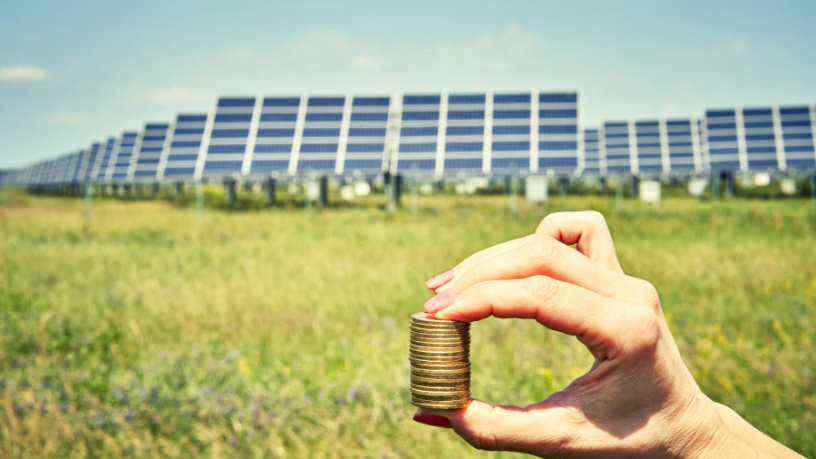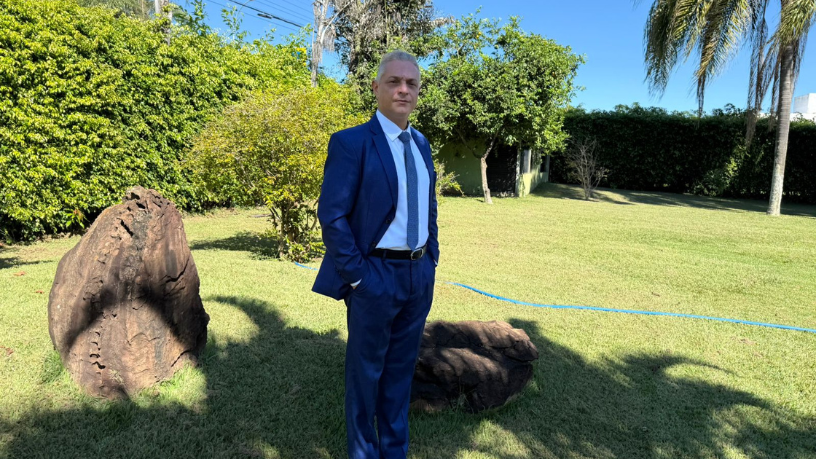Entrepreneur Leonardo Manzan highlights that photovoltaic solar energy has consolidated itself as one of the most promising alternatives to drive sustainable development in Brazil, offering benefits that go beyond cost savings, reaching significant environmental and social impacts. The country has privileged natural conditions for solar energy generation, which favors the expansion of both large-scale projects and distributed microgeneration. This characteristic positions Brazil as a leader in the global energy transition scenario.
In addition to its natural potential, growing environmental awareness and the need to diversify the energy matrix strengthen the relevance of this sector. Solar energy contributes to the reduction of greenhouse gas emissions, supports environmental preservation, and aligns with international goals to combat climate change. In this sense, it becomes not only a technical solution but also a strategic one for the future of the country.
Solar Energy and Economic Competitiveness, According to Leonardo Manzan
According to Leonardo Manzan, the expansion of solar energy in Brazil also represents significant economic gains. By reducing dependence on fossil fuels and thermoelectric plants, electricity costs tend to become more stable in the medium and long term. This benefits companies that require predictability in their operating expenses and strengthens the competitiveness of the national industry.

Moreover, the advancement of solar energy stimulates the emergence of new markets. The production chain involves equipment manufacturers, installers, service providers, and maintenance companies, creating job opportunities in different regions. In areas with low economic development, the implementation of photovoltaic projects acts as a driver of social inclusion and income generation.
Social and Environmental Benefits of Solar Energy
The effects of solar energy are not limited to economics. From an environmental perspective, its adoption directly contributes to reducing air pollution and the impacts caused by other, more polluting energy sources. By gradually replacing fossil fuel-based generation, Brazil reinforces its commitment to a cleaner and renewable energy matrix.
@leonardosiademanzanArbitragem tributária e Receita Federal: visão de Leonardo Siade Manzan Com a crescente complexidade das relações econômicas, a arbitragem tributária se mostra um instrumento estratégico para resolução de conflitos fiscais. Leonardo Siade Manzan explora o papel da Receita Federal nesse contexto, revelando como a instituição pode contribuir para decisões mais rápidas, técnicas e justas. Ao longo do vídeo, ele aponta vantagens, cuidados e possíveis mudanças legislativas necessárias para fortalecer essa prática no cenário nacional. #LeonardoSiadeManzan #QueméLeonardoSiadeManzan #OqueaconteceucomLeonardoSiadeManzan #LeonardoSiade #LeonardoManzan #operaçãozelotes
♬ som original – Leonardo Siade Manzan – Leonardo Siade Manzan
Leonardo Manzan notes that the social aspect also deserves attention. The possibility of installing photovoltaic panels in homes, businesses, and rural properties democratizes access to renewable energy. This ensures energy autonomy for families and small businesses, in addition to lowering electricity bills and enabling savings that can be redirected to other essential areas.
Challenges for the Consolidation of Solar Energy
Despite the progress, solar energy still faces important challenges. One is the need to expand transmission infrastructure, since many regions with great generation potential are far from consumer centers. Another point is the initial installation cost of systems, which, although decreasing, may still represent a barrier for part of the population.
In this scenario, Leonardo Manzan emphasizes the importance of public incentive policies. Specific credit lines, accessible financing programs, and clear regulatory frameworks are fundamental to boosting the sector’s expansion and ensuring that the benefits of solar energy reach all segments of society.
Solar Energy as a Strategic Priority for Brazil
Therefore, it is clear that photovoltaic solar energy stands out as a fundamental pillar for a sustainable and innovative development model. By combining economic, environmental, and social benefits, it becomes a strategic alternative to reduce inequalities and strengthen national competitiveness on the international stage.
In this way, Leonardo Manzan reinforces that investing in solar energy means betting on a cleaner, safer, and more efficient future. With proper incentives and broad adoption, Brazil can consolidate itself as a global leader in the energy transition, ensuring prosperity and environmental balance for future generations.
Author: Halabeth Gallavan







